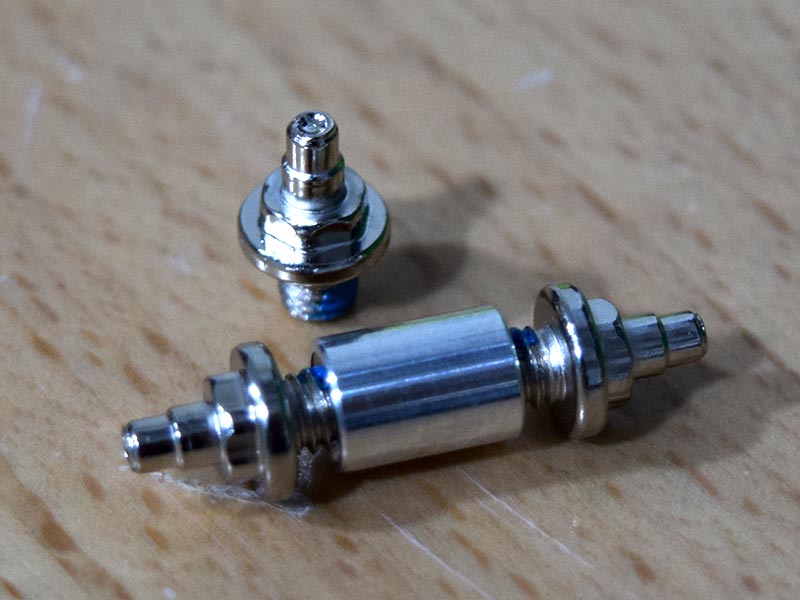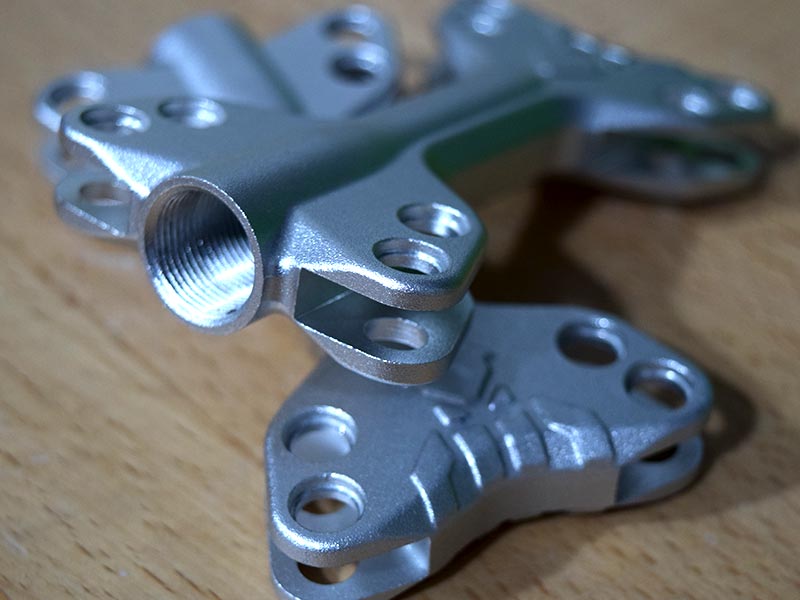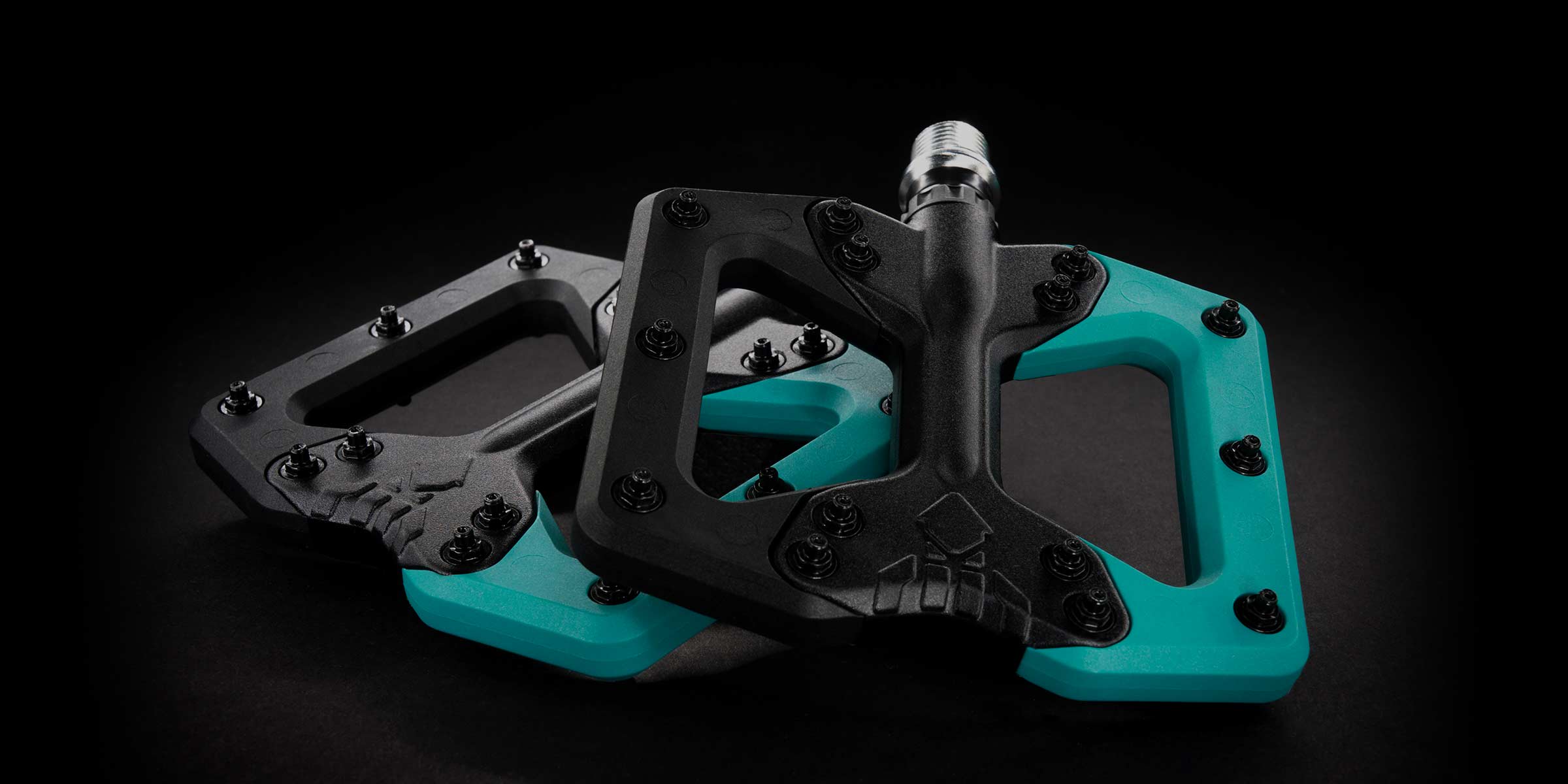
If you've just discovered our Modular Pedals, you'd be forgiven for thinking that we designed them just to be modular. However, you'd be wrong. The modular features were just a bonus. Our actual goal was to create the toughest set of pedals possible.
How did we do this?
We did it by using the right material in the right place.
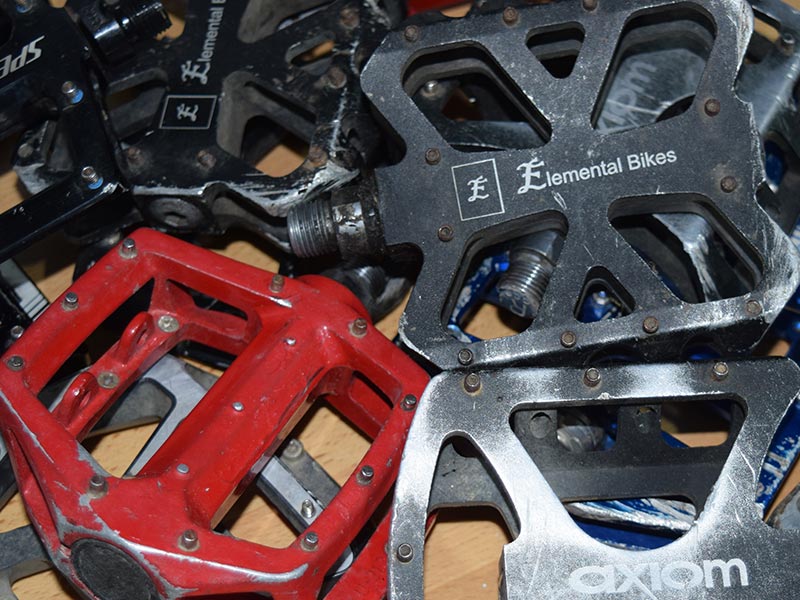
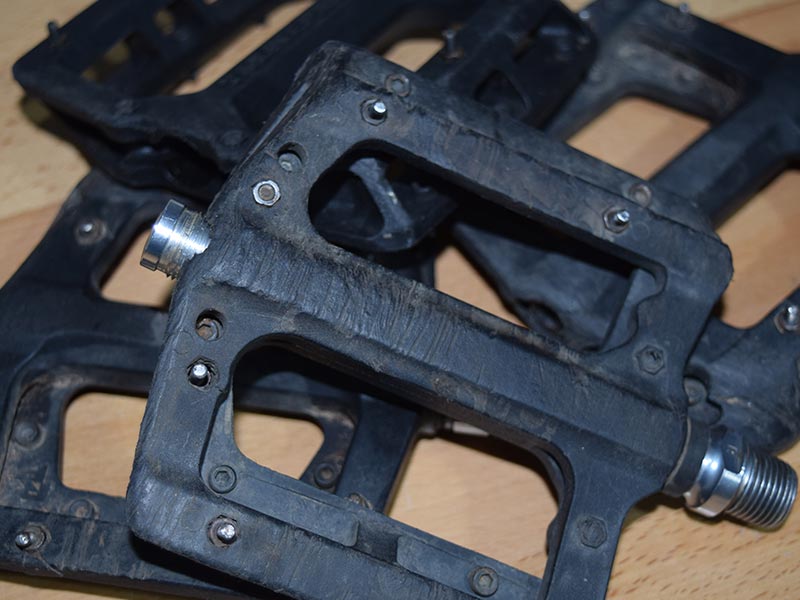
Plastic Pedals have become incredibly popular over the last 10 years. While in the past they were only found on budget or commuter bikes, with the development of tougher plastics, they became a cheaper alternative to the alloy pedals found on most mountain bikes.
Thinner: Thinner pedals mean lower center of gravity, better ground clearence and fewer rock strikes.
Internal Fitting: Tighter, better fitting internals last longer and are less likely to develop play or work loose.
Pins: Steel pins screwed into an alloy pedal are much stronger than steel pins on a plastic pedal.
Recyclable: Can be recycled, unlike current plastic pedals.
Looks: They can look amazing (when new anyway).
Cheaper: Cheaper to replace when the time comes.
Impact Resistance: Better at deflecting and absorbing impact forces.
Comfort: Abit more flex in plastic pedal help dampen the trail chatter on those long rough descents.
Lighter: On average, they're lighter than an alloy pedal.
Looks: Don't show their battle scars as much.
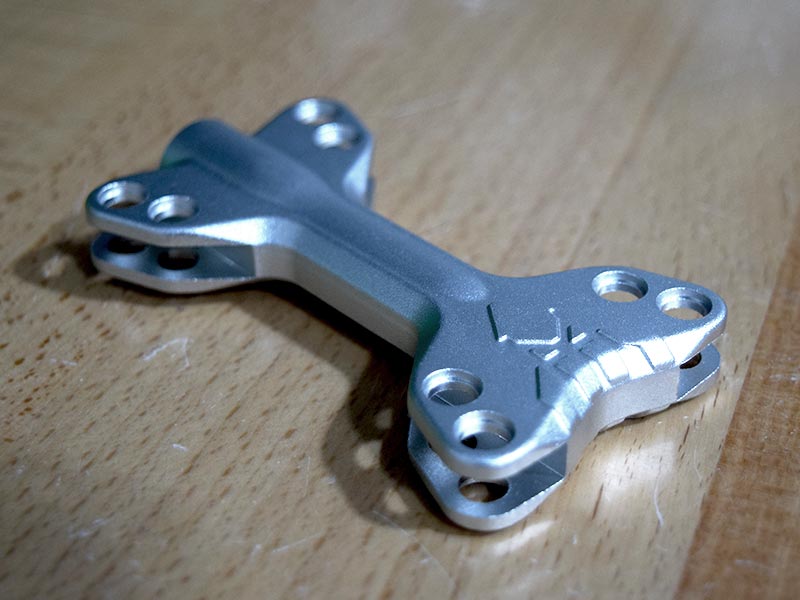
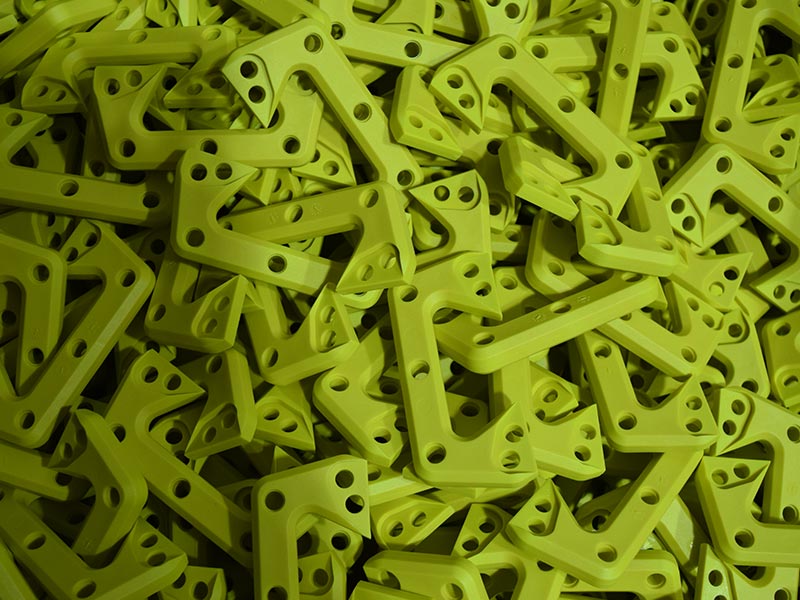
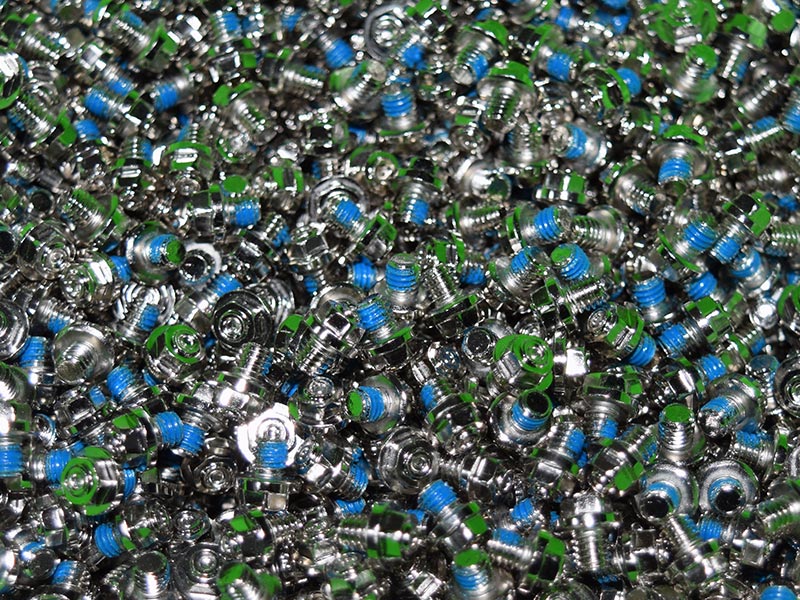
Why we designed our pedals the way we did?
Alloy Body: An alloy pedal body allows us to have the best fitting internals that that won't develop play. It also allows us to have a low pedal profile of 12mm, and 15mm at the axle. Lower than any plastic pedals currently available.
Nylon Composite Cages: We use plastic for the outer cages of our pedals to act as bumpers for the pedal body, they take the majority of impacts, which helps reduce the force of the impacts to the internals. Being plastic they are less likely to bend or snap and instead absorb the force of any impact. And much cheaper to replace should you ever need to.
Stainless Steel Pins: Because no real mountain bike pedals should use plastic pins!
That's why we use different materials for the different parts of our pedals, however, we went further than that, to make our pedals even tougher we...
Single-Sided Access: There is only one way into the pedal internals, this reduces the chances of dirt or water getting inside. They are also less likely to develop play and work loose.
Stealth Pins: Our bespoke pins screw into separate alloy inserts. This isolates the pins from the body or cages and spreads the force of any impact over a much larger area. There are also no threads on the pedal body or cages to rip out and damage, and due to our symmetrical profile, only half the amount of holes are needed compared to normal pin designs.
